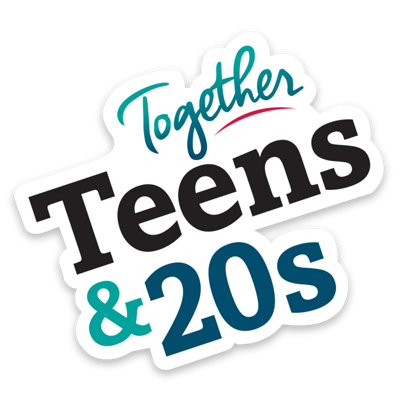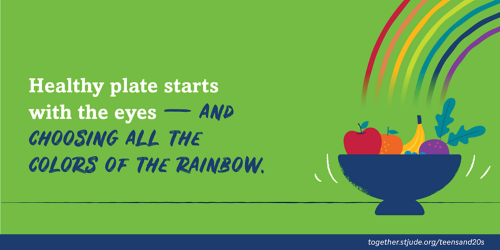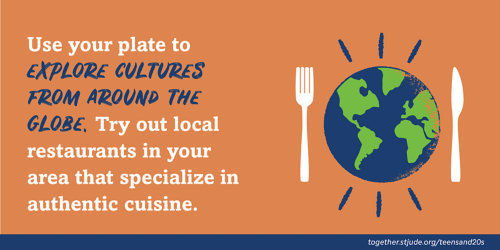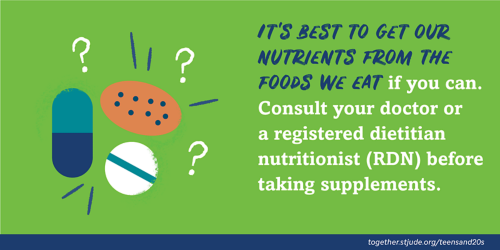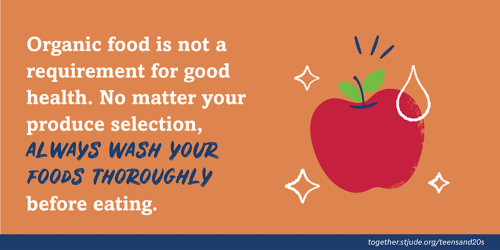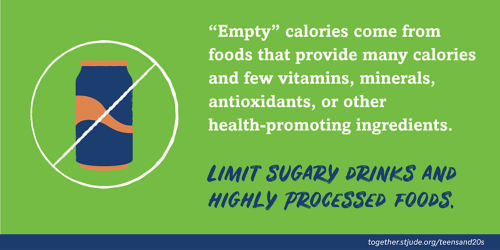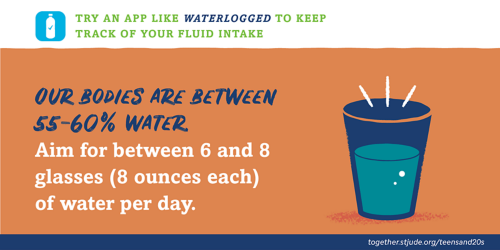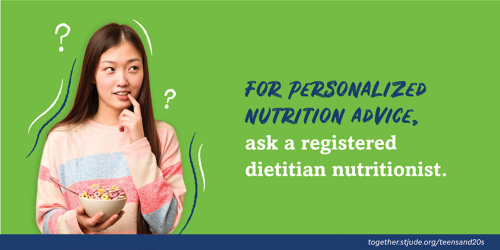Living your life to the fullest means getting the most out of the food you eat.
No matter your age, proper nutrition is an important part of maintaining good health. Eating healthy can be especially important if you are going through or have gone through treatment for cancer.
Here are some ideas to get your started on the path to a healthy life.

